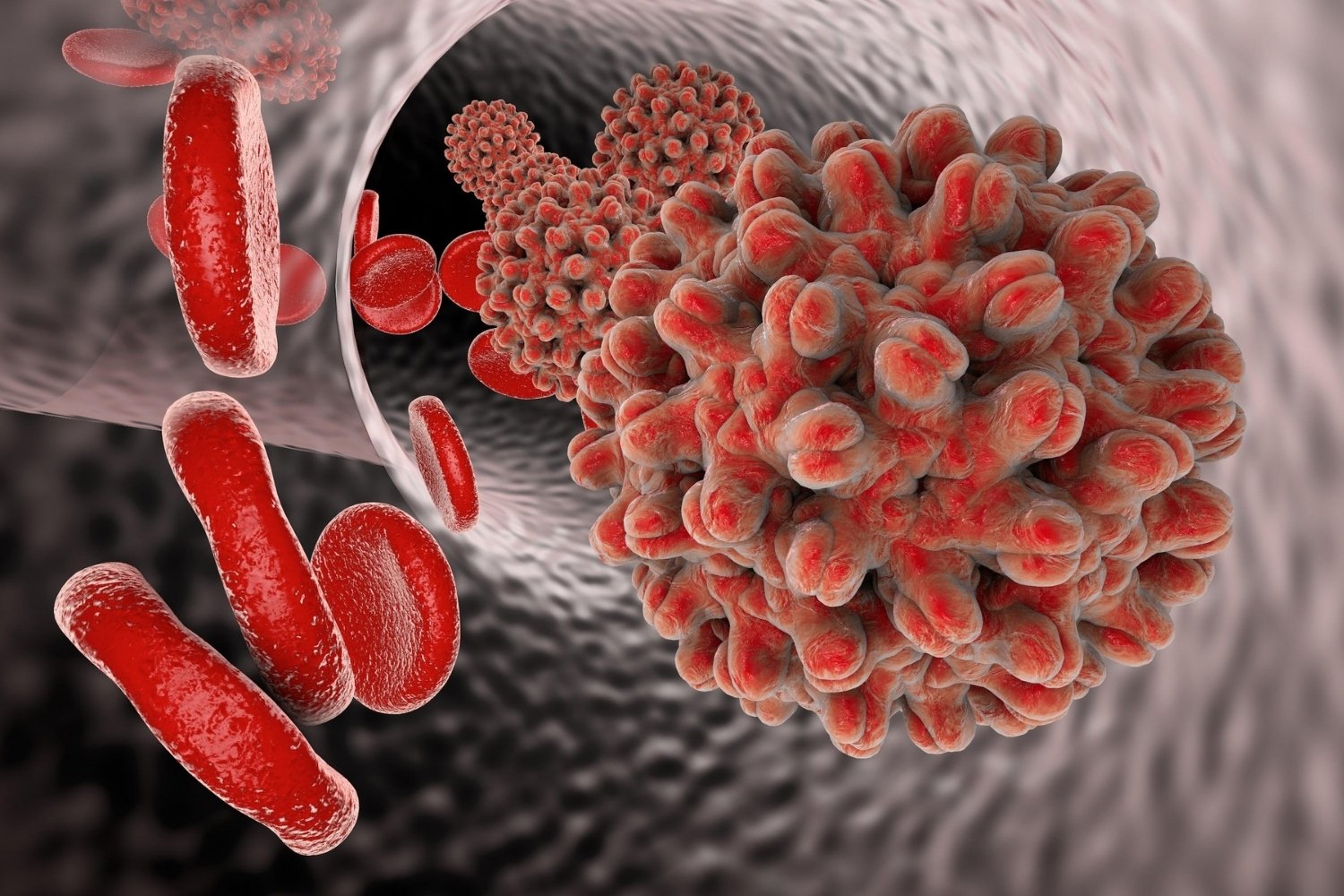
Hepatitis B is a serious liver infection caused by the hepatitis B virus (HBV). Did you know that it affects millions worldwide? This virus can lead to both acute and chronic disease, making awareness crucial. How is it spread? Through contact with infectious body fluids, such as blood. Symptoms might include jaundice, fatigue, and abdominal pain, but some people show no signs at all. Vaccination is the best defense, offering protection and reducing the risk of severe liver complications. Why should you care? Early detection and treatment can prevent liver damage and improve quality of life. Stay informed and protect yourself and loved ones from this preventable disease.
What is Hepatitis B?
Hepatitis B is a liver infection caused by the Hepatitis B virus (HBV). It can lead to both acute and chronic diseases, affecting millions worldwide. Here are some intriguing facts about this condition.
-
Hepatitis B Virus (HBV): HBV is a DNA virus that primarily infects the liver, causing inflammation and damage.
-
Global Impact: Over 290 million people live with chronic Hepatitis B globally.
-
Transmission: HBV spreads through contact with infectious body fluids, such as blood, semen, and vaginal fluids.
-
Acute vs. Chronic: Acute Hepatitis B is a short-term illness, while chronic Hepatitis B can last a lifetime and lead to serious liver issues.
-
Symptoms: Many people with acute Hepatitis B show no symptoms, but some may experience jaundice, fatigue, and abdominal pain.
How is Hepatitis B Diagnosed?
Diagnosing Hepatitis B involves several tests to detect the virus and assess liver function. Understanding these tests can help in early detection and management.
-
Blood Tests: Blood tests can detect HBV antigens and antibodies, indicating infection or immunity.
-
Liver Function Tests: These tests measure enzymes and proteins in the blood to assess liver health.
-
HBV DNA Test: This test measures the amount of viral DNA in the blood, indicating the level of infection.
-
Liver Biopsy: In some cases, a small sample of liver tissue is examined to assess the extent of liver damage.
-
Ultrasound: Imaging tests like ultrasound can help visualize liver abnormalities.
Prevention and Vaccination
Preventing Hepatitis B is crucial, and vaccination is the most effective method. Here are some key points about prevention and vaccination.
-
Hepatitis B Vaccine: The vaccine is highly effective and usually given in three doses over six months.
-
Infant Vaccination: Newborns should receive their first dose of the vaccine within 24 hours of birth.
-
Booster Shots: Some individuals may need booster shots to maintain immunity.
-
Safe Practices: Avoiding sharing needles, practicing safe sex, and ensuring blood products are screened can prevent transmission.
-
Healthcare Workers: Those in healthcare should get vaccinated due to higher exposure risk.
Treatment Options for Hepatitis B
While there's no cure for Hepatitis B, treatments can manage the virus and prevent liver damage. Here are some treatment options.
-
Antiviral Medications: Drugs like tenofovir and entecavir can reduce viral load and liver damage.
-
Interferon Injections: Interferon-alpha can boost the immune system to fight the virus, though it has significant side effects.
-
Liver Transplant: In severe cases, a liver transplant may be necessary if the liver is extensively damaged.
-
Regular Monitoring: Chronic Hepatitis B patients need regular check-ups to monitor liver health and viral load.
-
Healthy Lifestyle: Maintaining a healthy diet, avoiding alcohol, and regular exercise can support liver health.
Complications of Chronic Hepatitis B
Chronic Hepatitis B can lead to serious health issues if not managed properly. Awareness of these complications is vital.
-
Cirrhosis: Long-term inflammation can cause scarring of the liver, known as cirrhosis.
-
Liver Cancer: Chronic HBV infection significantly increases the risk of developing liver cancer.
-
Liver Failure: Severe liver damage can lead to liver failure, requiring urgent medical intervention.
-
Portal Hypertension: Scarring can increase blood pressure in the liver's portal vein, leading to complications.
-
Hepatic Encephalopathy: Liver dysfunction can cause toxins to build up in the brain, leading to confusion and coma.
Living with Hepatitis B
Managing life with Hepatitis B involves regular medical care and lifestyle adjustments. Here are some tips for living with the condition.
-
Regular Check-ups: Frequent visits to a healthcare provider help monitor liver health and manage the condition.
-
Medication Adherence: Taking prescribed medications consistently is crucial for controlling the virus.
-
Healthy Diet: A balanced diet supports liver function and overall health.
-
Avoid Alcohol: Alcohol can accelerate liver damage, so it's best to avoid it entirely.
-
Support Groups: Joining support groups can provide emotional support and practical advice for living with Hepatitis B.
Final Thoughts on Hepatitis B
Hepatitis B is a serious liver infection caused by the hepatitis B virus (HBV). Understanding its transmission, symptoms, and prevention can save lives. Vaccination remains the most effective way to prevent HBV infection. Practicing safe behaviors, like using clean needles and practicing safe sex, also reduces risk. Early detection through regular screening is crucial for managing the disease and preventing complications. Treatments are available that can help manage chronic hepatitis B, but there's no cure yet. Staying informed and taking preventive measures can make a big difference. If you think you might be at risk, talk to your healthcare provider about getting tested and vaccinated. Knowledge and proactive steps are your best defense against hepatitis B. Stay safe, stay informed, and take control of your health.
Was this page helpful?
Our commitment to delivering trustworthy and engaging content is at the heart of what we do. Each fact on our site is contributed by real users like you, bringing a wealth of diverse insights and information. To ensure the highest standards of accuracy and reliability, our dedicated editors meticulously review each submission. This process guarantees that the facts we share are not only fascinating but also credible. Trust in our commitment to quality and authenticity as you explore and learn with us.
